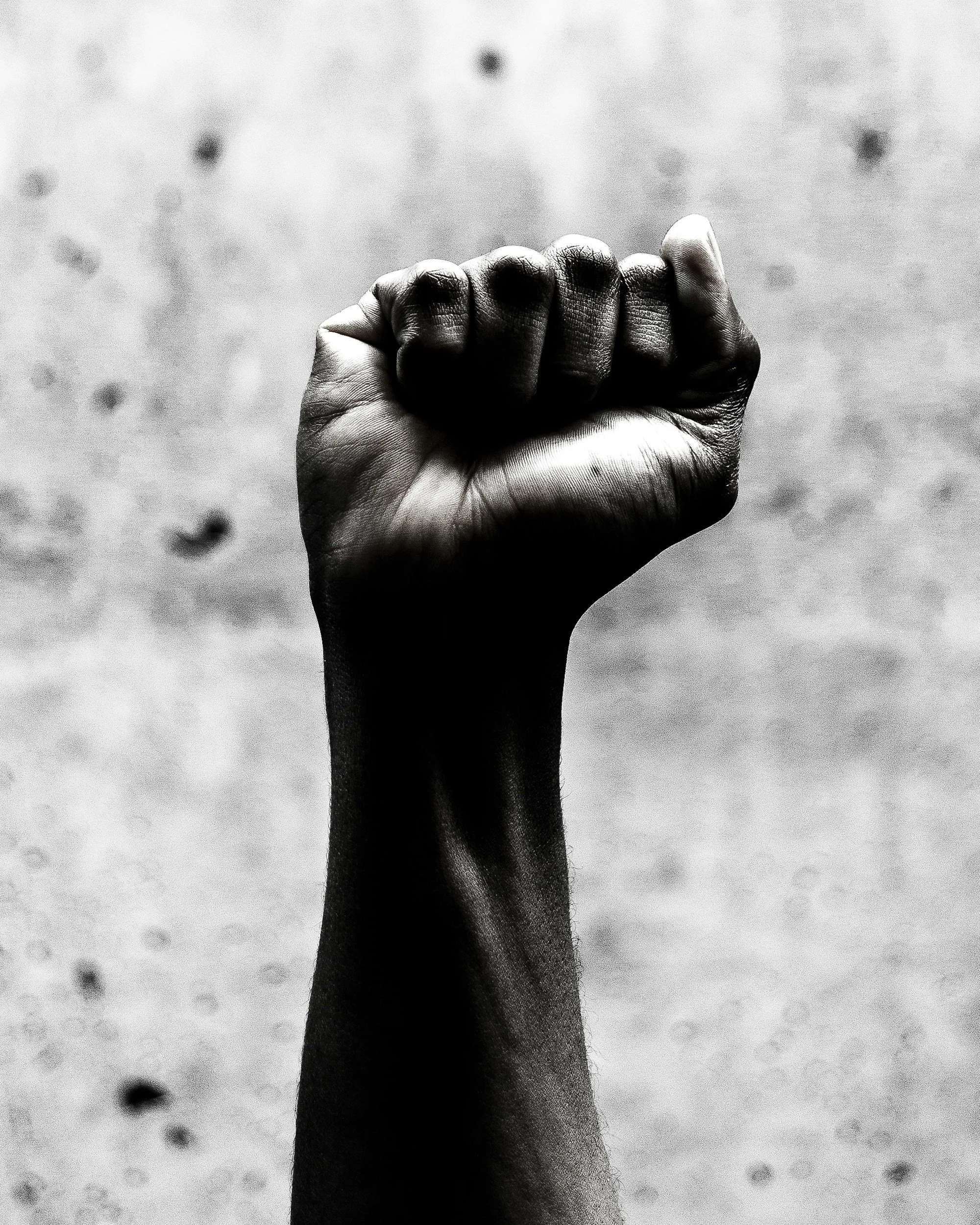Over the past decade, Nigeria has become a flashpoint for the persecution of Christians, a crisis that has drawn condemnation from human rights groups, international observers, and religious organisations. The scale of violence and discrimination faced by Christians in Nigeria is staggering, with countless lives lost, churches destroyed, and communities displaced. This article seeks to shed light on this ongoing tragedy, drawing from reports, eyewitness accounts, and statements from the Catholic Church and other Christian bodies.
The Scope of Persecution
According to Open Doors’ World Watch List, Nigeria consistently ranks among the most dangerous countries for Christians. In the last ten years, over 50,000 Christians have been killed, and thousands more have suffered abduction, forced displacement, or brutal attacks. The violence is largely concentrated in the Middle Belt and northern regions, where militant groups such as Boko Haram and the Islamic State West Africa Province (ISWAP) operate with impunity. Additionally, armed Fulani herdsmen have targeted predominantly Christian farming communities in what many describe as a campaign of ethno-religious cleansing.
Key Perpetrators
Boko Haram
Boko Haram, whose name translates to “Western education is forbidden,” has been at the forefront of anti-Christian violence in Nigeria. Since its emergence in 2009, the group has declared Christians and their places of worship as primary targets. One of the most infamous incidents was the 2014 abduction of 276 schoolgirls from Chibok, many of whom were Christian. While some have since been freed, dozens remain in captivity, subjected to forced conversion and exploitation.
Fulani Herdsmen
The rise of attacks by Fulani herdsmen has exacerbated tensions in Nigeria’s Middle Belt. Armed with sophisticated weaponry, these herdsmen have attacked Christian villages, killing residents, burning homes, and displacing entire communities. While disputes over land and resources are often cited as the root cause, the deliberate targeting of churches and Christian symbols suggests a broader agenda. In many cases, survivors report receiving little to no protection from local authorities, fuelling allegations of government complicity or indifference.
ISWAP
ISWAP, a splinter faction of Boko Haram, has intensified its attacks on Christians in recent years. The group’s brutal tactics include mass killings, beheadings, and attacks on churches. In 2020, ISWAP released a video showing the execution of 11 Christians, explicitly framing the act as a "message to Christians around the world."
The Catholic Church in Nigeria has been a vocal advocate for peace and justice, with bishops and clergy often risking their lives to speak out against the violence. In a 2021 statement, the Catholic Bishops’ Conference of Nigeria (CBCN) described the persecution as “a form of genocide” and called on the international community to intervene.
Church leaders have also provided material and spiritual support to victims, establishing shelters, schools, and counselling services for displaced families. Meanwhile, Pope Francis has repeatedly expressed solidarity with Nigerian Christians, offering prayers and urging world leaders to address the crisis.
Human rights organisations, including Amnesty International and Human Rights Watch, have documented widespread atrocities against Christians in Nigeria. However, critics argue that the international response has been insufficient. Many believe that geopolitical interests and Nigeria’s role as an oil producer have overshadowed humanitarian concerns.
In 2022, the U.S. State Department faced backlash for removing Nigeria from its list of Countries of Particular Concern (CPC) for religious freedom, despite overwhelming evidence of persecution. Advocacy groups continue to call for targeted sanctions against perpetrators and increased support for victims.
Amid the darkness, the faith and resilience of Nigeria’s Christians shine as a testament to their unwavering belief. Stories abound of communities rebuilding churches from ashes, families holding secret Masses despite the threat of attack, and survivors forgiving their persecutors. These acts of courage and faith serve as a powerful reminder of the strength that comes from their devotion to Christ.
If one member suffers, all suffer together” (1 Corinthians 12:26)




